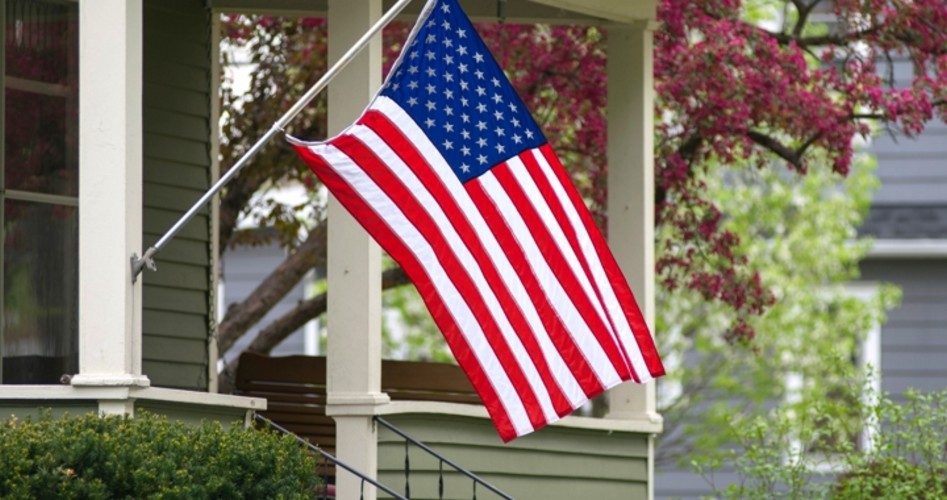
If you finish school, work really hard, and follow the rules, you can succeed in America. It’s a truism that we used to take for granted — “The American Dream,” if you will. But at least one San Francisco State University professor is claiming that the very idea of the American Dream is actually detrimental and even dangerous to black people in America.
Professor Veronica Caridad Rabelo of San Francisco State claimed that the very idea of an American Dream is harmful to black Americans because it reinforces “white supremacy.” Rabelo made the remarks during the virtual panel “Antiracism, Allyship and Authenticity: Building Internal Capacity for Institutional Change” hosted by the University of Michigan on August 5.
“Model minority mythology reinforces other damaging ideologies that are predominant in our society, such as the American Dream, that success is attainable through effort and following the rules regardless of one’s identity or experiences,” said Rabelo.
“Model minority” theory is a highly controversial idea that some minorities, such as Asians, are more prone to be hard-working and law-abiding than Blacks or Hispanics.
“However,” Rabelo said. “we know that our society is not actually a meritocracy. White supremacy and inequality are cemented into the foundations of all our major institutions of policy.”
With her foray into “model minority” theory, Rabelo is supposedly countering the argument that America is not a nation of “systemic racism” because many minority groups — most notably Asians — do quite well financially in our country, thus, the reasons for “wealth inequality” in America have more to do with the decisions that individuals make rather than their group idenitity.
But according to Rabelo, such an idea is “rooted in anti-blackness because it seeks to differentiate ‘model minorities’ from bad or undesirable minorities.”
The overarching theme of the entire presentation seemed to be that if you’re a white person, you need to feel guilty for that. Your “white privilege” has given you many advantages and it’s now time to put your head down and allow the so-called less privileged to tell you what to think and how to do things in the future.
Sandra Cha of Brandeis University spoke on how businesses and other organizations can help to make people from minority groups feel more “authentic” at their jobs, claiming that businesses tend to “normalize whiteness,” and that black people are not able to “outwardly express [their] true self.”
Courtney McCluney, an assistant professor of organizational behavior at Cornell University, claimed that even when businesses try to do diversity training, they’re doing it wrong.
“As much as organizations are trying to create more diverse, equitable and inclusive workplaces, unless they start to interrogate what it is that they actually value and what it is that they normalize, they will continue to prefer someone white on their resume,” McCluney said.
A segment of the panel focused on how white people can be proper “allies” to minority communities. George Washington University professor Katina Sawyer urged whites to “listen with the purpose of learning.”
“Your experiences have not been the same as non-white individuals,” Sawyer said. Sawyer then claimed that whites often have a “blind spot” when listening to the concerns of minority individuals.
“If you’re listening to someone tell you about their experiences or share their thoughts … and you’re having thoughts like, ‘Well, that hasn’t been my experience,’ or ‘I’m not sure I agree with that,’ it is indicative of your blind spot as a white person.”
So, as a white person, your thoughts and feelings don’t matter. At least when you’re dealing with a member of a minority group.
The entire panel was all about division. All of the academic buzzwords and other assorted folderol included in the two-hour-long presentation is meant to divide us as a nation — not bring us together. True racism exists in the hearts of those individuals who feel it — not in society as a whole.
The American Dream is as real for black Americans as it is for white Americans, or any other racial or ethnic or religious group. To suggest that the ideals of hard work and following the rules of society are harmful to a group of people based on their racial or ethnic identity is not just wrong — it’s racist.
Image: CoryUlrich/iStock/Getty Images Plus
James Murphy is a freelance journalist who writes on a variety of subjects. He can be reached at [email protected].




